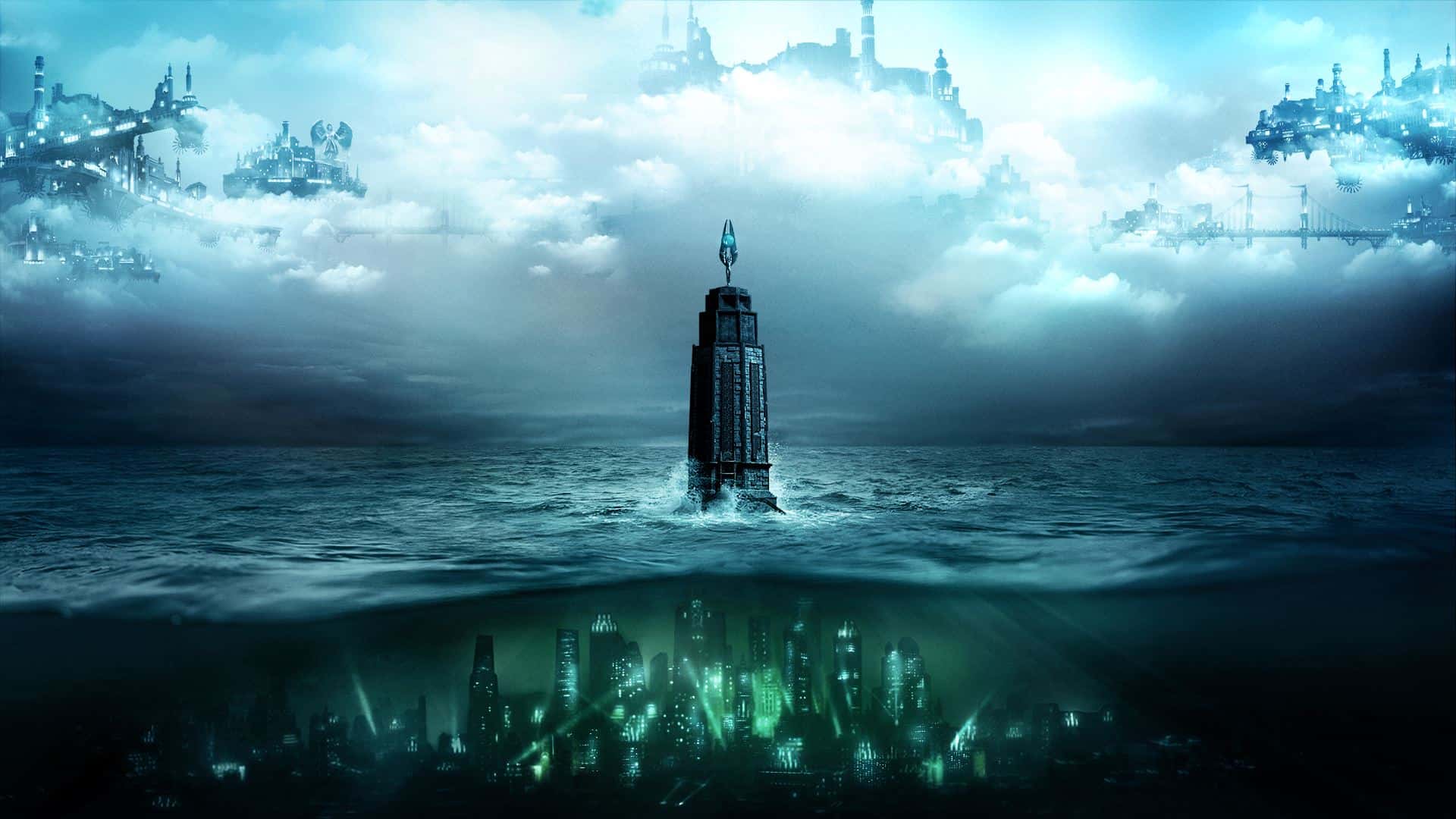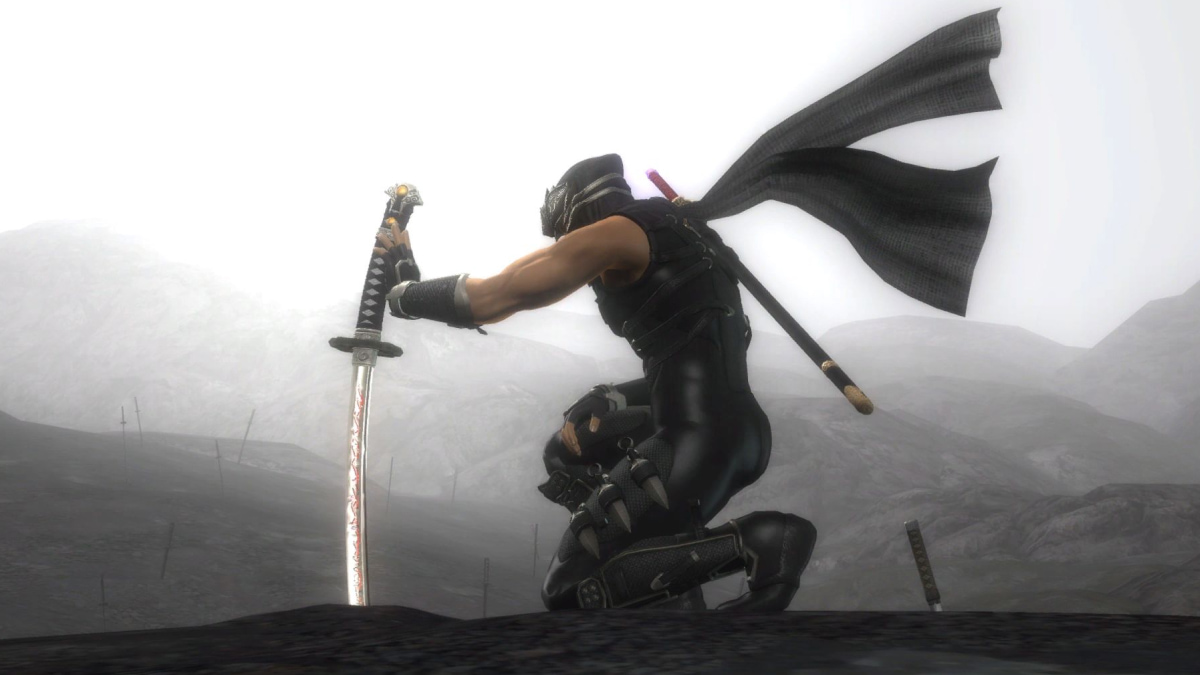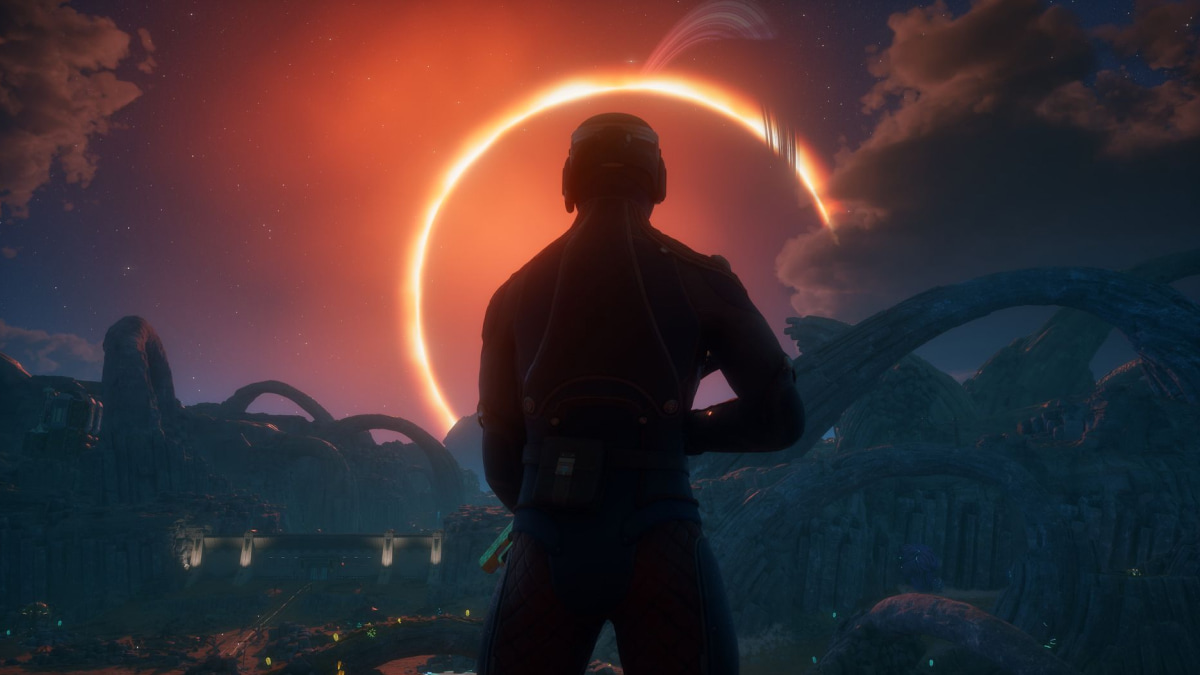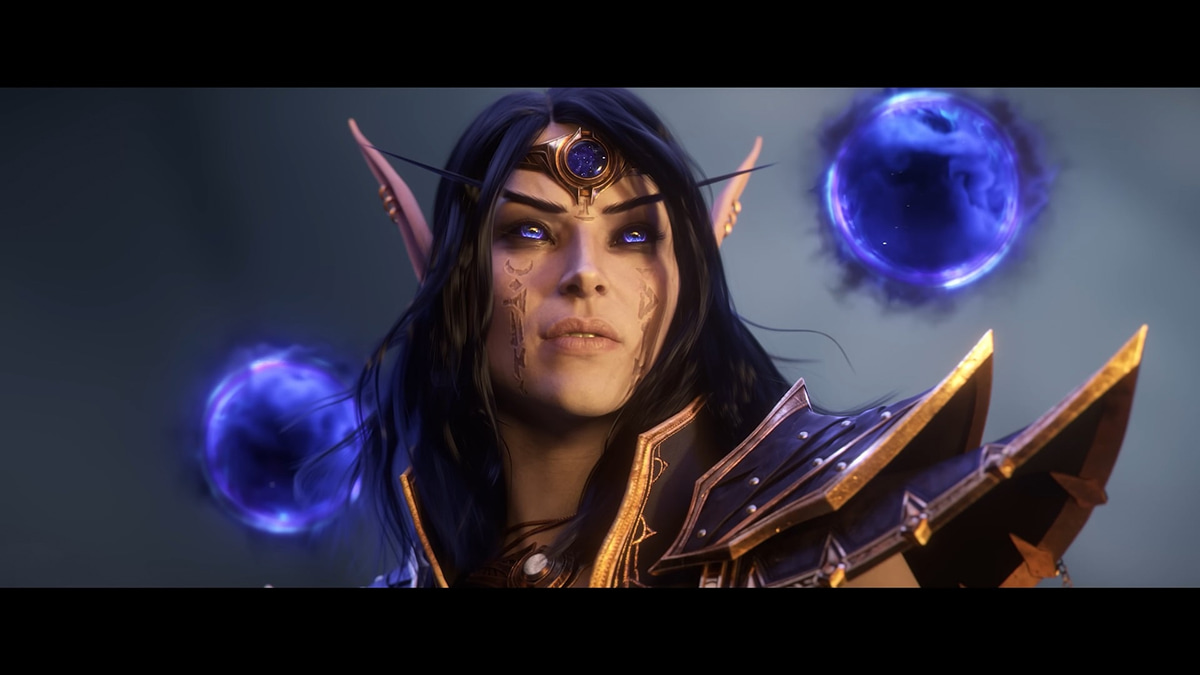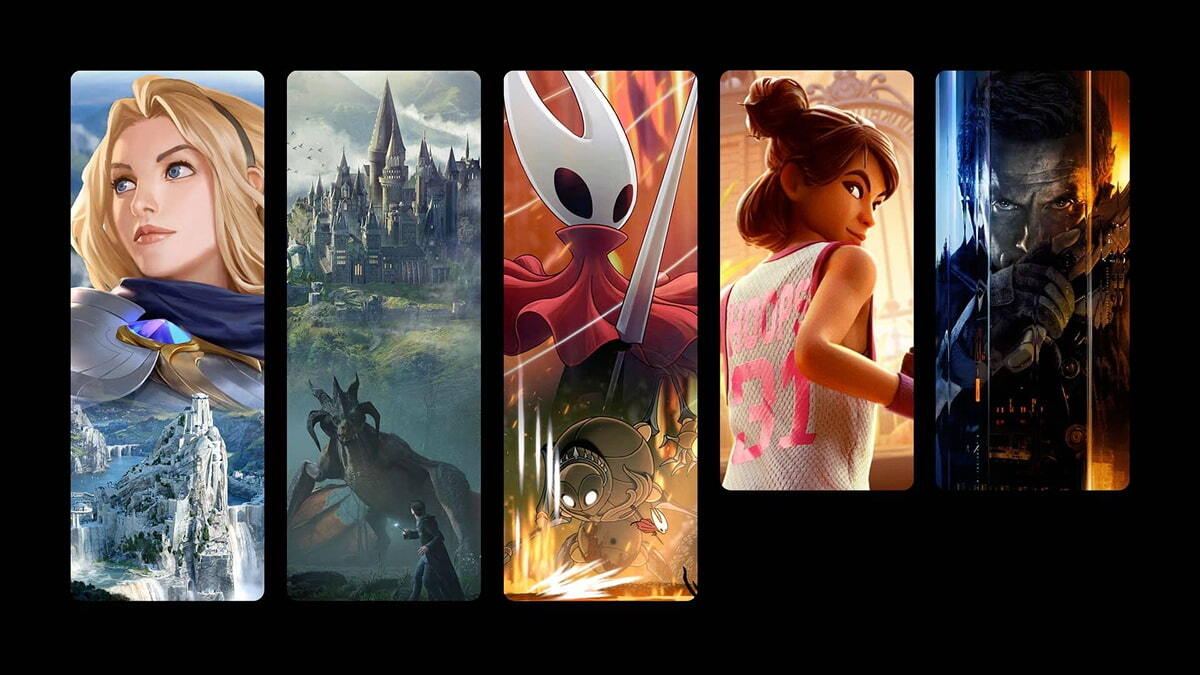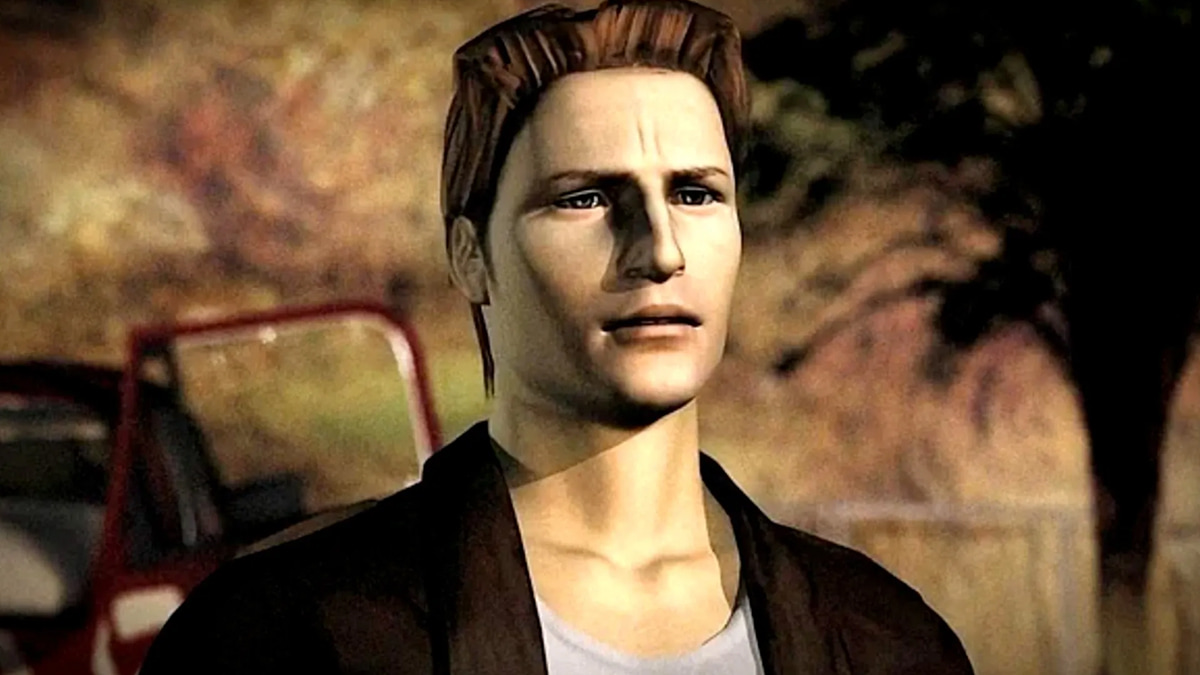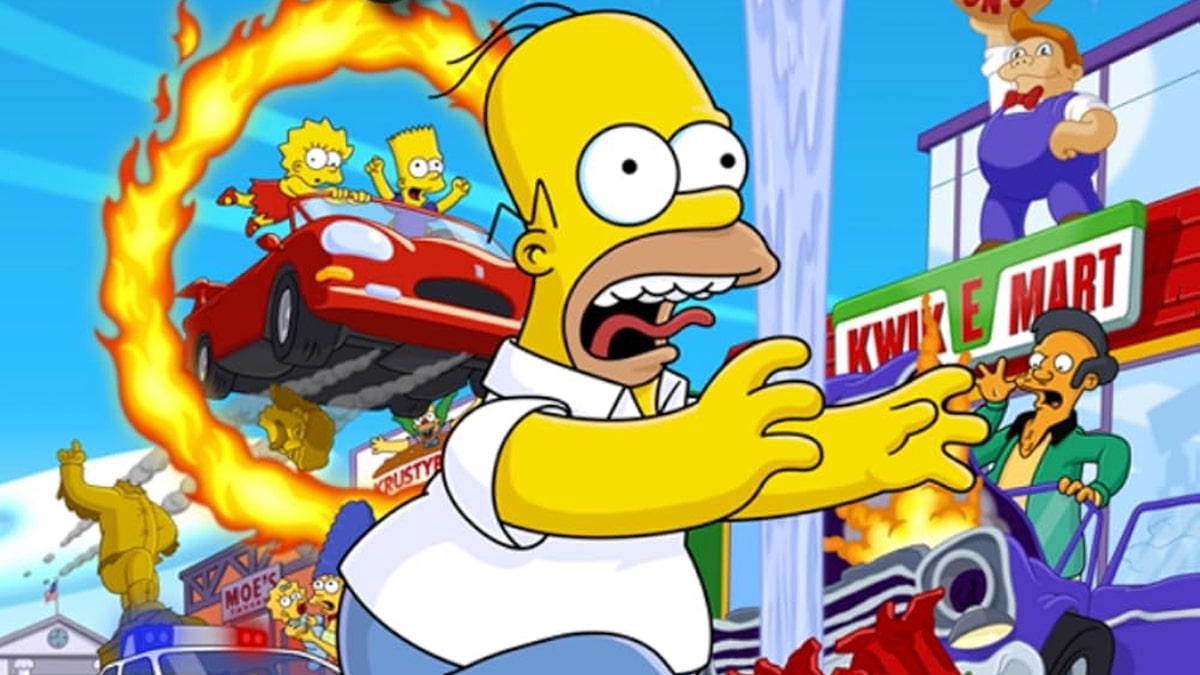You can trust VideoGamer. Our team of gaming experts spend hours testing and reviewing the latest games, to ensure you're reading the most comprehensive guide possible. Rest assured, all imagery and advice is unique and original. Check out how we test and review games here
Nostalgia is a dangerous beast. Classics are undoubtedly classics for a reason, but I’ve always been of the opinion that games are generally better now. They just are. I assume it’s mostly nostalgia that makes people believe otherwise: they played older games at a transformative time in their lives, or have fond memories of going to an arcade and then eating so much ice cream they felt sick. But now I am afraid. With the release of The BioShock Collection the spectre of nostalgia comes, and it comes for me.
Games that you love, once they pass beyond a certain point, begin to exist in a vacuum, staying freshly sealed by your brain in the state that you best remember them. You remember them with the euphoric, dopamine-enhanced responses you had still attached, and sometimes if you unwrap them again it turns out to not be quite what you expected. It could be something relatively harmless like the graphics, which you recall as being so good as to be a transcendent experience, but now seem a bit s*** simply because they’ve aged and the tech has moved on. Other times it turns out that, because you played it as a child, and children are idiots, you’re the one who moved on, and the entire thing seems a bit s***.
I love BioShock, and internally I know it to be true that all three of them are magnificent games of supremely high quality (there is support for this: on Metacritic the games average out at, in order, 96, 88, and 94). In my mind they came out really recently. One of the particularly cruelties of time, however, is that you don’t notice how much has passed until you look back at it, and, in true ‘This Will Make You Feel Old!’ style, it almost pains me to report that BioShock came out in 2007. Even BioShock Infinite is a little over three years old. If it was a toddler it would be walking around innocently trying to lick wall sockets. I didn’t notice we’ve all spent a decade growing up, and I’m worried that it’ll turn out BioShock won’t have come with us.
I don’t mean specifically that the visual design won’t have aged well. The art design was strong and cohesive enough to stand the test of time, and anything even vaguely Steampunk flavoured will be indefinitely in vogue for a lot of people. But beyond that, and the many grand cinematic cutscenes, BioShock gains a lot from the use of light. Rapture is dark and confined; Columbia, the floating city in BioShock Infinite, starts in soft focus with the yellow gradient turned up to eleven. As the game progresses you end up in places which are physically darker, and in the later stages of the game even the sky becomes cloudy and stormy. All the games in the series use silhouettes, shadows, and colour. If anything the remaster might be too good. If the out of focus cities are given too much of a polish, and we can see them clearly, are they going to lose some of what made them special in the first place? It happened to Journey, after all: when it came to PS4 the higher definition wiped away some of the hazy, dreamy feeling the PS3 version had, and it was the worse for it.
Of perhaps more pressing concern, however, is the possibility that actually BioShock isn’t as strongly a written story as I’d previously thought. The first BioShock examines a kind of objectivism (a philosophical ideal where, broadly speaking, a person’s pursuit of their own interests and happiness, aside from hurting others, is the only thing they need to be concerned with) and the potential failures of this when put into action in a whole society, i.e. people are often inconsistent, hypocritical, and irrational, and may not stick to their first principles, hence why most philosophical, political, and sociological ideas developed in theory do not work in practice. BioShock 2 explores the same city, but through the eyes of the poor, destitute people who got stuck there, and with a raw thread of much more honest emotion pulling it together – the Big Daddy/Little Sister relationship (parental relationships and various versions thereof being significant in all three games, albeit in very different ways) – and BioShock: Infinite takes a sort of mixed bag of things from both previous games and goes ‘and also multiverses!’
I remember these stories and theories as being dealt with incisively, yet subtly, in a searing indictment of man’s inhumanity to man, the limits of free will, and personal zealotry. I’m having a bit of a wobble on that, though, because a game which has a) based a central theme on a theory espoused by Ayn Rand who wrote a book called Atlas Shrugged and b) antagonists named Andrew Ryan and Atlas doesn’t appear to be cloaking itself entirely in subtlety. Infinite, which is much closer to hand, appeared to me to be complex and interesting, requiring timelines to be written out to properly understand, but now I rather fear it boils down to just ‘You were the monster all along!’, which is possibly second only to ‘It was all a dream!’ in the S*** Storytelling Olympics. Besides, it’s a game where you can brutally behead people with a melee weapon and it’s not like player character Booker DeWitt ever goes ‘Gosh, maybe there’s a world where I pulled that guy’s guts out instead!’
I’m afraid that if I play the BioShock series again and don’t like it then I’ll know how terrible an amount of time has passed since I did. I’m afraid that they weren’t good in the first place and I was either part of some mass hallucinatory event that made me believe it was or, more likely, I was a really embarrassing teenager. I’m a little afraid that I’ll think they’re just as great as before, which means I’ll be one of those people – the people who think games are just getting worse. I’m afraid that maybe that’s true. Mostly I’m afraid that spending two days and many hundreds of pounds getting a stranger to cover my entire forearm in a BioShock tattoo was a mistake. As you can see I have a lot riding on this.
BioShock: The Collection
- Platform(s): Nintendo Switch, PC, PlayStation 4, Xbox One
- Genre(s): Action, Shooter
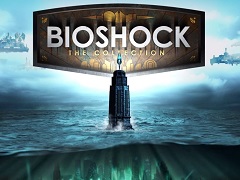
/https://oimg.videogamer.com/images/4a71/bioshock_the_collection_1.jpg)
